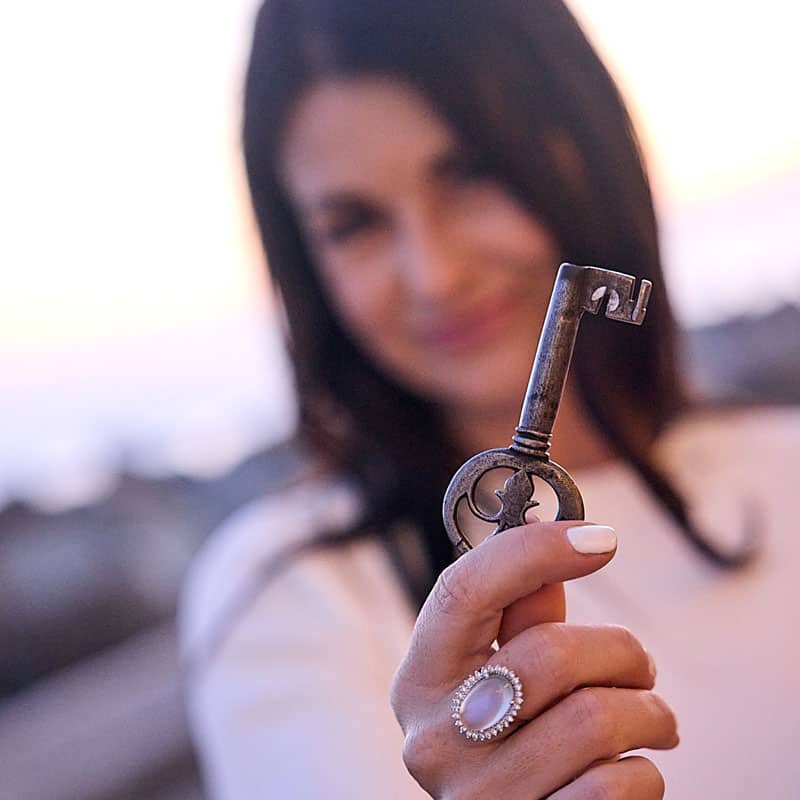5 Regrets After a Breakup

Breakups are almost universally difficult for people. Even when we actively chose to leave a relationship, we can be left with regret—about how it ended, how we acted, what we said (or didn’t say), or even that it ended at all!
Regret is the experience of feeling disappointed, embarrassed, ashamed, sad, or remorse over something that happened in the past. From a psychological perspective, regret involves two main components:
- The imagined idea that there could have been a different outcome
- The belief that you could have affected the outcome if you had behaved differently (see this excellent TEDx talk by Kathryn Schulz).
Regret in romantic relationships is relatively common. For example, using a large American sample, Morrison & Roese (2011) found that 19% of participants felt regret related to a romantic relationship—more than any other area of life, including family, career, education, and finances. Many of the most common regrets revolve around wishing we would have had a different relationship outcome and are affected by how we perceive our partners (Coats, Harrington, Beaubouef, & Locke, 2012). Sometimes our regrets are more focused on things we didn’t do—or our inaction—than on things we did do that were harmful to our relationships (see McElroy & Salapska-Gelleri, 2023).
Five common things that people regret after a breakup
- Leaving your mate in a reactive state. Sometimes we leave relationships in the heat of a charged moment before we’ve had time to really process the experience. When people leave in that way, they sometimes regret that they didn’t stay in the relationship long enough to try to fix it or work through it and come to a non-reactive conclusion about how to proceed.
- Staying too long. Sometimes regret comes from knowing that it would have been better to leave long ago and that you “wasted” large amounts of time on a person or situation that wasn’t healthy for you and was unlikely to change. Yet you stayed, even knowing it wasn’t healthy for you or desirable in the long-run.
- Acting in ways that violated your values. Being authentic is important to most of us. When you violate your own values, it’s hard to feel good about it. For example, if you value being loyal and you cheated or acted in a way that was inconsistent with that value, you may feel a great deal of regret.
- Losing your identity and self-respect. If you compromised your own moral compass to try to keep the relationship going, it can leave you questioning who you are and how you got here. For example, by having late-night sexual encounters or distracting from your pain through using drugs or stalking your ex, you may feel a loss of personal self-efficacy and esteem that can be very painful.
- Hurting others. Sometimes we hurt others as we go through the emotional pain of a breakup. You may have hurt your family members, friends, coworkers, and your children. Picking up the pieces of loved ones in your life who were indirectly harmed during your breakup can leave you with regret.
The Naked Truth
There are many things you can regret going through a breakup because we generally don’t act as our best selves when we’re in tremendous pain or emotional turmoil. Regrets after a romantic breakup often center around wishing you’d made different choices during your relationship to create a different outcome.
The truth is that you can always change your life through your choices. Sometimes in a relationship we make choices that leave us feeling worse—we may have even known it at the time, but didn’t get help or take steps to help ourselves shift. So, strive to live each day as honestly as you can making the best choices with the information you have. Over time, that’s the mechanism through which we can create the most fulfilling life possible! Breakups can also lead to tremendous growth and healthy personal development (Kansky & Allen, 2018).
Copyright Cortney S. Warren, Ph.D., ABPP
Note: This content is only for informational and educational purposes and should not be considered therapy or any form of treatment. I cannot respond to personal requests for advice over the internet. Best on your continued journey.
References
Image Source: dimaberlinphotos
TO READ MORE OF DR. CORTNEY'S WORK, SUBSCRIBE TO HER BLOG
Safe subscribe. You will have the opportunity to opt-out with every notice we send.

